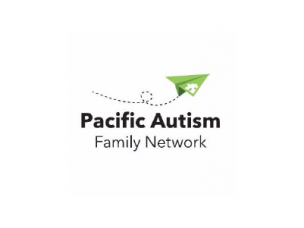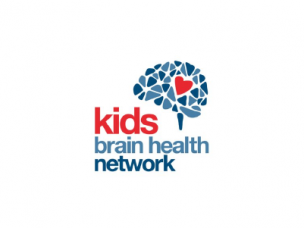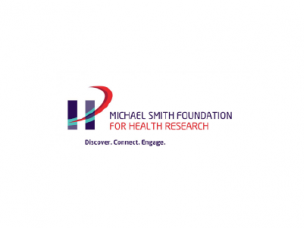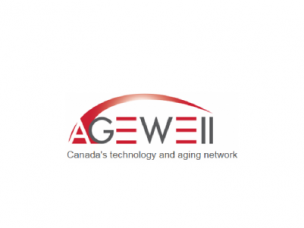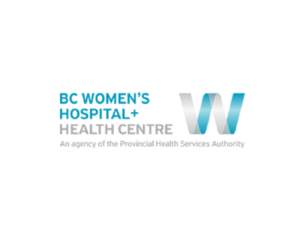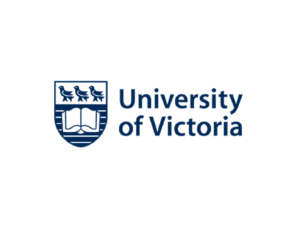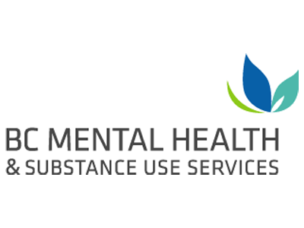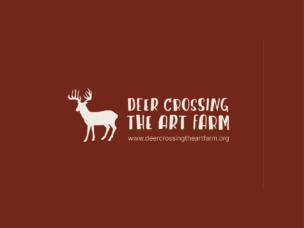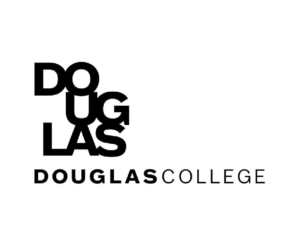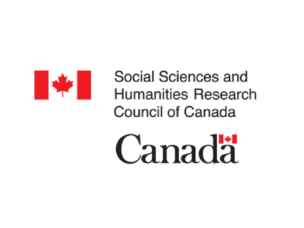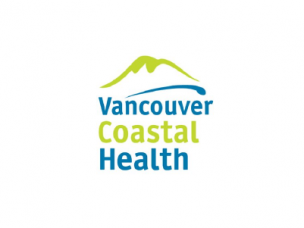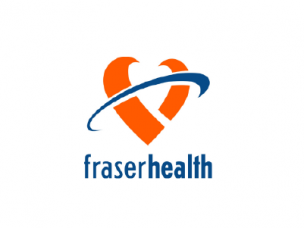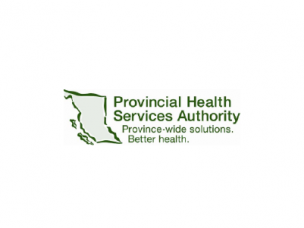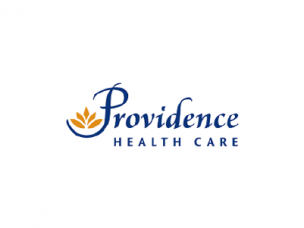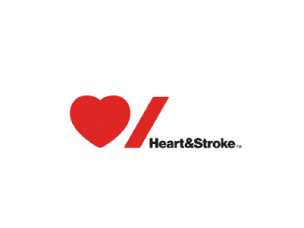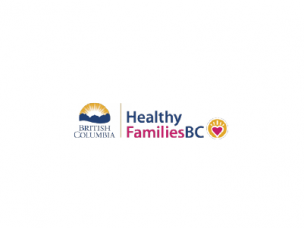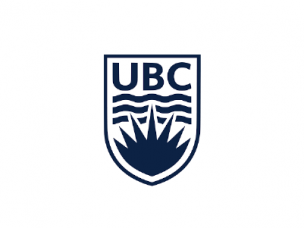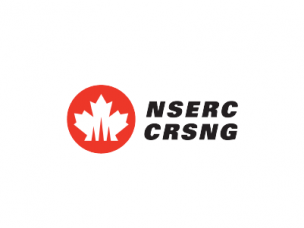Chamas for Change: A Gender-Responsive and Microfinance-Based Approach to Empowering Women And Building Resilience To Health Emergencies in Kenya
How can we share research finding back to community in a meaningful way that supports health literacy?
Worldwide, women face the challenges of pregnancy, early childhood, and parenthood without adequate supports in their home or communities. In Kenya, women living in poor and rural communities face significant risks and have greater barriers to accessing quality care, which was compounded by the pandemic. This project explored the impact that the Covid-19 pandemic had on the Chamas for Change program — a group-based health education program established in 2012 that supports women during the first 1000 days of their child’s life.
BC Women’s Hospital + Health Centre (Vancouver, Canada) and Moi University (Eldoret Kenya) collaborated with the Health Design Lab to engage in a human-centred design approach to knowledge translation and sharing, that focused on communicating the research findings of the study back with the community through the co-design of a storybook.
Engagement Approach
The Health Design Lab participated in some data analysis work being conducted by BC Women’s Hospital and Moi University, in preparation to support and mentor the research team in the use of storytelling as a knowledge mobilization strategy for research findings. The goal of this co-design work was to explore and prototype culturally appropriate modes for knowledge translation that would be relevant to those who engaged in the research process and the broader Tranz Nzoia county. Through an in-person visit to Eldoret, Kenya, an 8-day story-making intensive was co-led by HDL and members of the Chamas for Change project team to engage local research team members, the community advisory board, and work-study students from Moi University. This process involved site visits to a health facility and Chamas group in Tranz Nzoia and a series of workshops on building health literacy, creating visual identities, collaborative story writing, zine making and book binding, and exploring alternative media outputs.
Knowledge Sharing
Final outcomes of this collaboration include a storybook that highlights key findings from the qualitative and quantitative research data in a format that is engaging and supports health promotion and literacy for the Trans Nzoia county and beyond.
Project Collaborators
Partners:
BC Women’s Hospital + Health Centre
Moi University
Funder:
International Development Research Centre (IDRC)
HDL Project Team:
Nadia Beyzaei
Timeline:
Jun 2023 – Sep 2024

